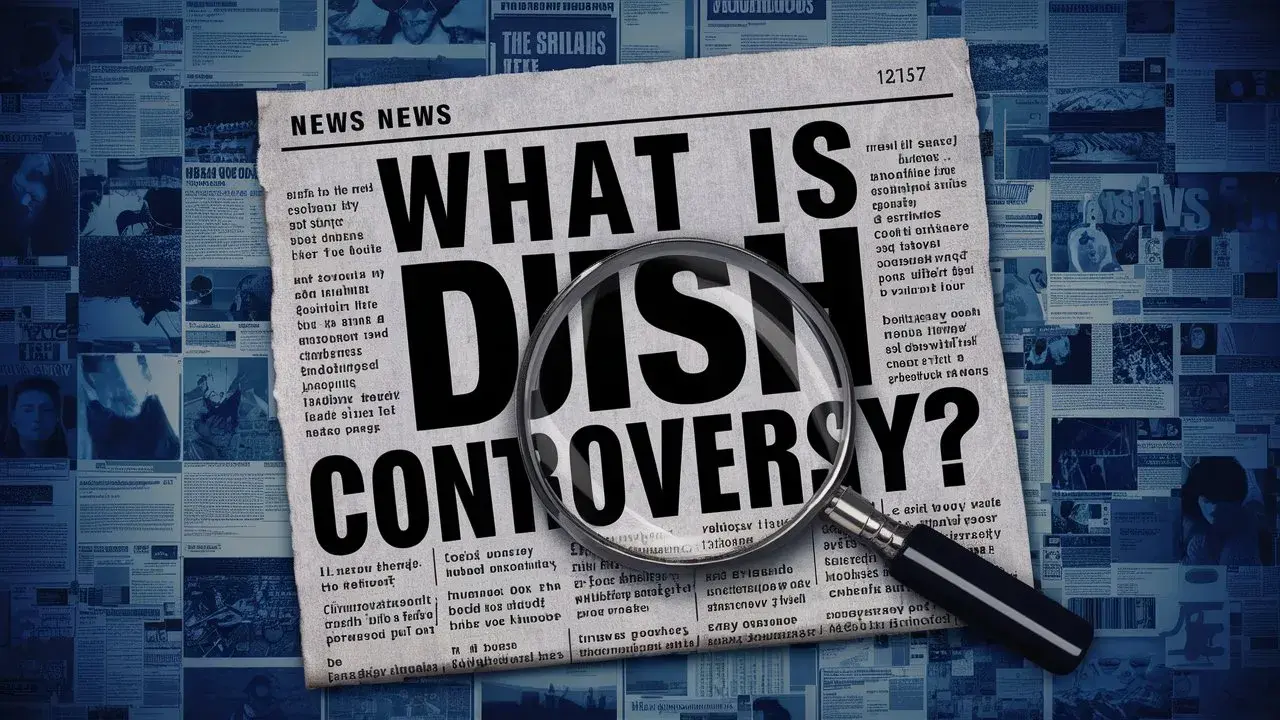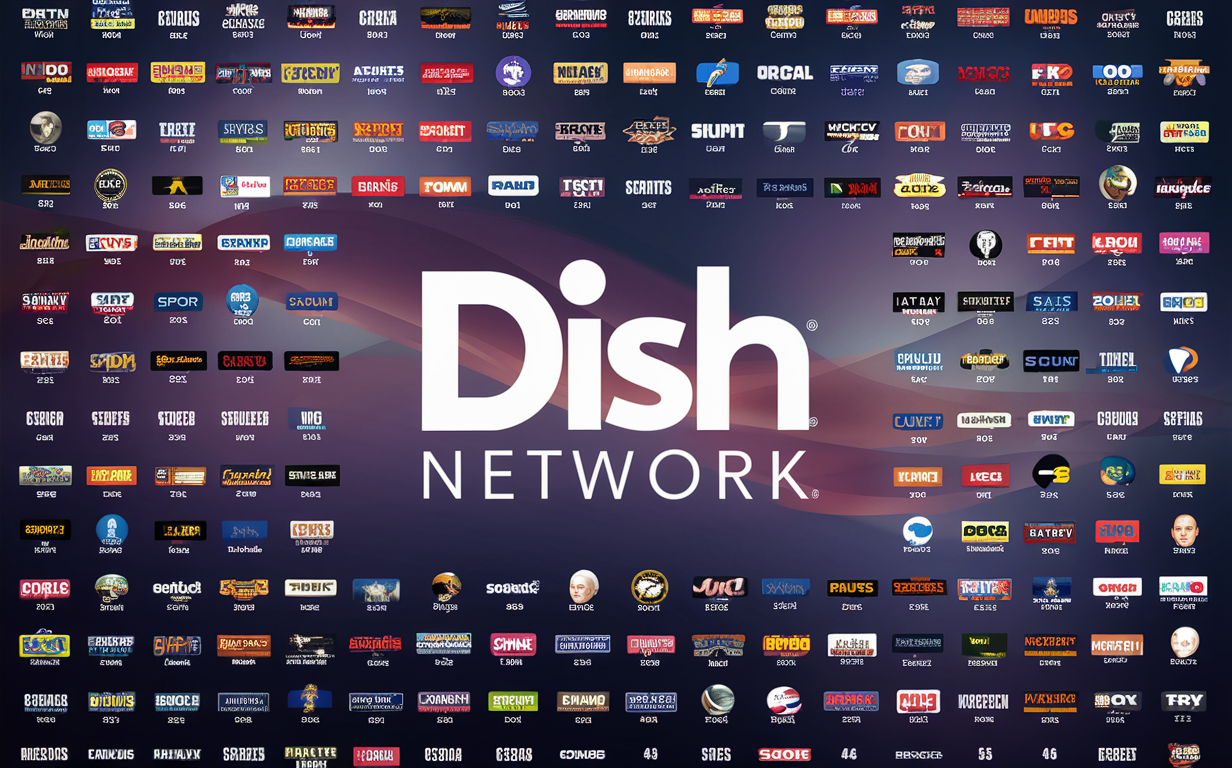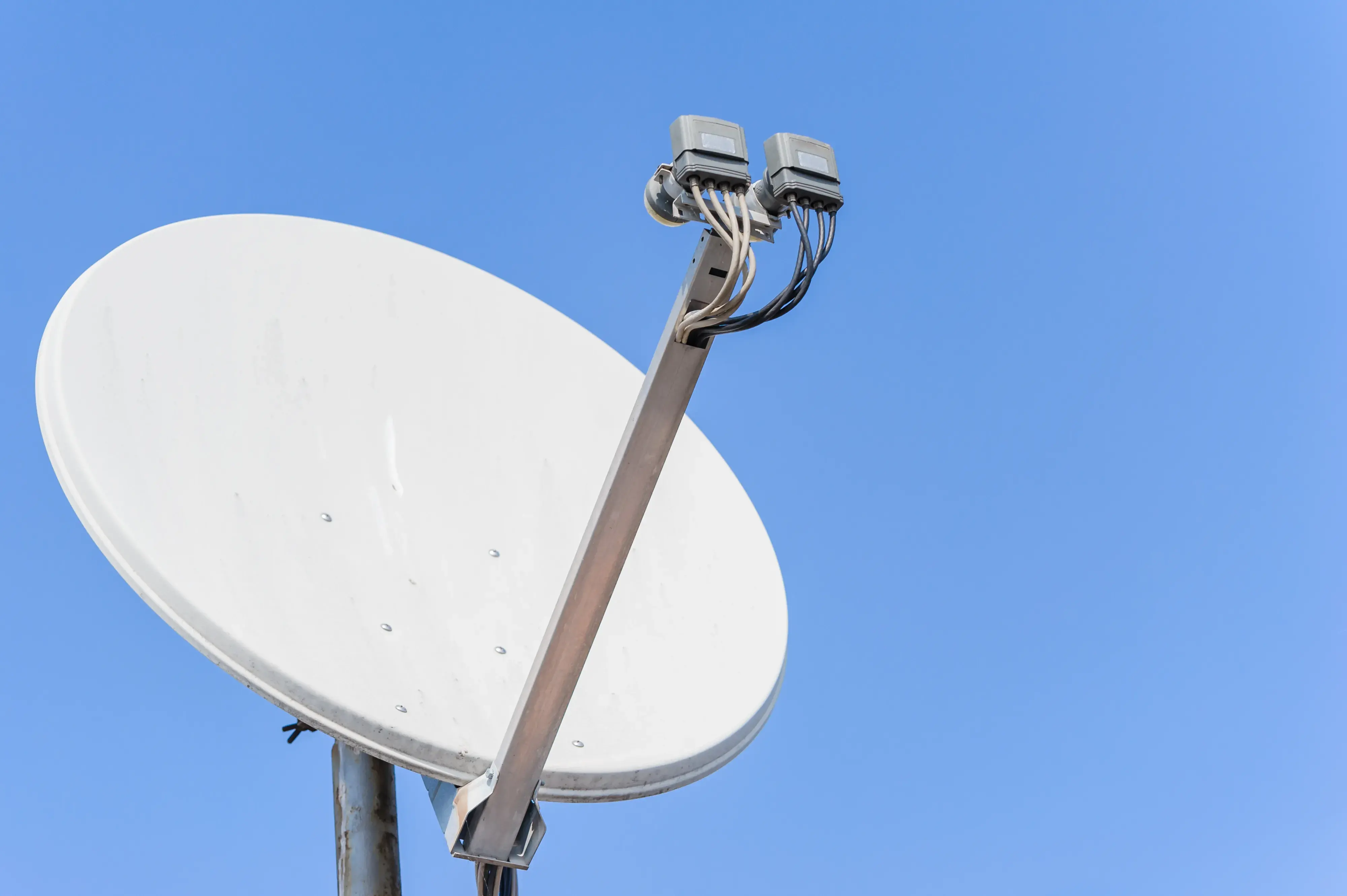
In the realm of television and satellite transmission, DISH Network has been a major participant offering a range of channels and services to millions of viewers throughout the United States. DISH has not been without controversy, however, like many big businesses. Legal fights over intellectual property conflicts with content providers and consumer service complaints have all been part of these problems. This page seeks to explore some of the main disputes that surround DISH Network, looking at their sources, effects, and remedies.
The Origins of DISH Network
It's important to know DISH Network's origins before delving into the concerns. Charlie Ergen, Jim DeFranco, and Candy Ergen founded DISH in 1980; formerly known as EchoStar, a satellite television equipment reseller, EchoStar started DISH Network in 1996 to enable consumers to have direct broadcast satellite service, therefore enabling them to access television content free from depending on cable providers. DISH grew over time by adding more channels and rising to be a major rival in the pay-TV industry.
Intellectual Property Disputes
DISH Network's participation in intellectual property challenges was among the first and most well-known conflicts it engaged in. In 2008, DISH Network and EchoStar were directed to pay TiVo Inc. $104 million in damages. Allegations of DISH violating TiVo's digital video recording (DVR) technology patents drove the complaint. The court decided that DISH had engaged in unauthorized use of TiVo's copyrighted technology, therefore triggering an extended legal dispute.
There was still conflict there. DISH kept contesting the decision, which resulted in multiple appeals and more decisions extending the issue for several years. In 2011, DISH finally agreed to a settlement, licensing TiVo's technology and paying a large sum to This case underlined the difficulties and complexity of intellectual property in the fast-changing entertainment and technology industries.
Disputes with Content Providers
In addition, DISH Network has had several conflicts with content suppliers that have resulted in temporary bans of well-known channels and disgruntled consumers. Usually, these arguments center on carriage agreements, the contracts defining DISH's payment scale for a certain channel.
One obvious example is the ongoing conflict between DISH Network and HBO MAX. A carriage conflict caused HBO and Cinemax to go black on DISH in 2018, the first time HBO has ever had a major pay-TV provider cancel it. With neither party able to agree, the argument focused on the costs DISH would pay to carry HBO's channels. This blackout affected DISH members who valued HBO's premium programming greatly over almost three years.
Other big networks and channels have also had similar conflicts like Univision, CBS, and Fox. Many times, these disputes leave members caught in the middle as they lose access to their preferred channels while talks continue. Customers who sometimes decide to change providers have been frustrated and complained about the interruptions.
Customer Service and Billing Issues
Problems with invoicing and customer support have also been common themes in disputes concerning DISH Network. Many consumers have complained about excessive wait times, trouble settling bills, and inadequate answers to their concerns. These problems have helped to create a bad impression of DISH's consumer service.
When DISH Network was accused of dishonest billing methods in 2024, it suffered a major backlash. DISH was accused by the Federal Trade Commission (FTC) of deceptive claims about promotional deals and neglecting to tell consumers of significant terms and limitations. The FTC said DISH imposed hidden surcharges and deceived consumers about service costs, therefore causing significant financial damage.
Agreeing to pay millions in penalties and modify its business operations, DISH finally resolved the matter with the FTC. The settlement demanded DISH provide consumers with better and more accurate information on their terms of invoicing and service policies.
Impact on Consumers and the Industry
The debates over DISH Network have had complex effects on viewers as well as the larger television business. Consumers have frequently been frustrated and inconvenienced by conflicts with content suppliers as well as problems with invoicing and customer support. Popular channel blackouts throw off watching patterns, and unresolved payment issues cause financial hardship.
DISH's troubles highlight for the sector the difficulties pay-TV companies have in a very competitive and fast-changing environment. The conflicts with content suppliers draw attention to the careful balance between keeping reasonable subscription costs and guaranteeing preferred content. Pay-TV companies like DISH have to negotiate the financial consequences while seeking to keep their customer base as content suppliers demand more prices for their channels.
Furthermore reflecting the larger conflicts in the technology and entertainment industries are the legal disputes over intellectual property. Intellectual property conflicts are probably going to persist as businesses create new technology and fight for market share, therefore influencing the scene of innovation and competitiveness.
Resolutions and Future Directions
DISH Network is a major participant in the pay-TV industry throughout its difficulties. The corporation has tried to solve some of the problems endangering its image. For example, DISH has upgraded its online assistance tools and made investments in greater training for its employees to help enhance its customer care.
Regarding content issues, many conflicts have finally been settled by fresh carriage agreements, even when others have resulted in protracted blackouts. For instance, the conclusion of the HBO conflict in 2021 saw the channels of HBO returning to DISH, therefore relieving customers.
Looking forward, DISH is also looking at fresh ways to remain competitive. The business has been extending its products into the cellular market; it acquired Boost Mobile in 2020 and is starting its own 5G network. This diversification seeks to establish DISH as a more general telecom supplier, therefore lessening its dependence on conventional pay-tv income.
Conclusion
The debates over DISH Network mirror the complicated and often controversial character of the television and telecom sectors. From legal fights over intellectual property to conflicts with content suppliers and customer service issues, DISH has surmounted many problems over the years. Still, the company's attempts to solve these problems and adjust to shifting market circumstances show its fortitude and will to keep a major influence in the sector.
It will be intriguing to observe how DISH Network negotiates upcoming problems and possibilities as the terrain of television and telecoms changes. At present, the company's issues act as a reminder of the complex processes under action in the field of media and technology.
Ready to upgrade your TV experience? Call us now at (877) 471-4808 to find the perfect Dish Network plan for you! Don’t miss out on great entertainment—our team is here to help you choose the best package and get you started today.





